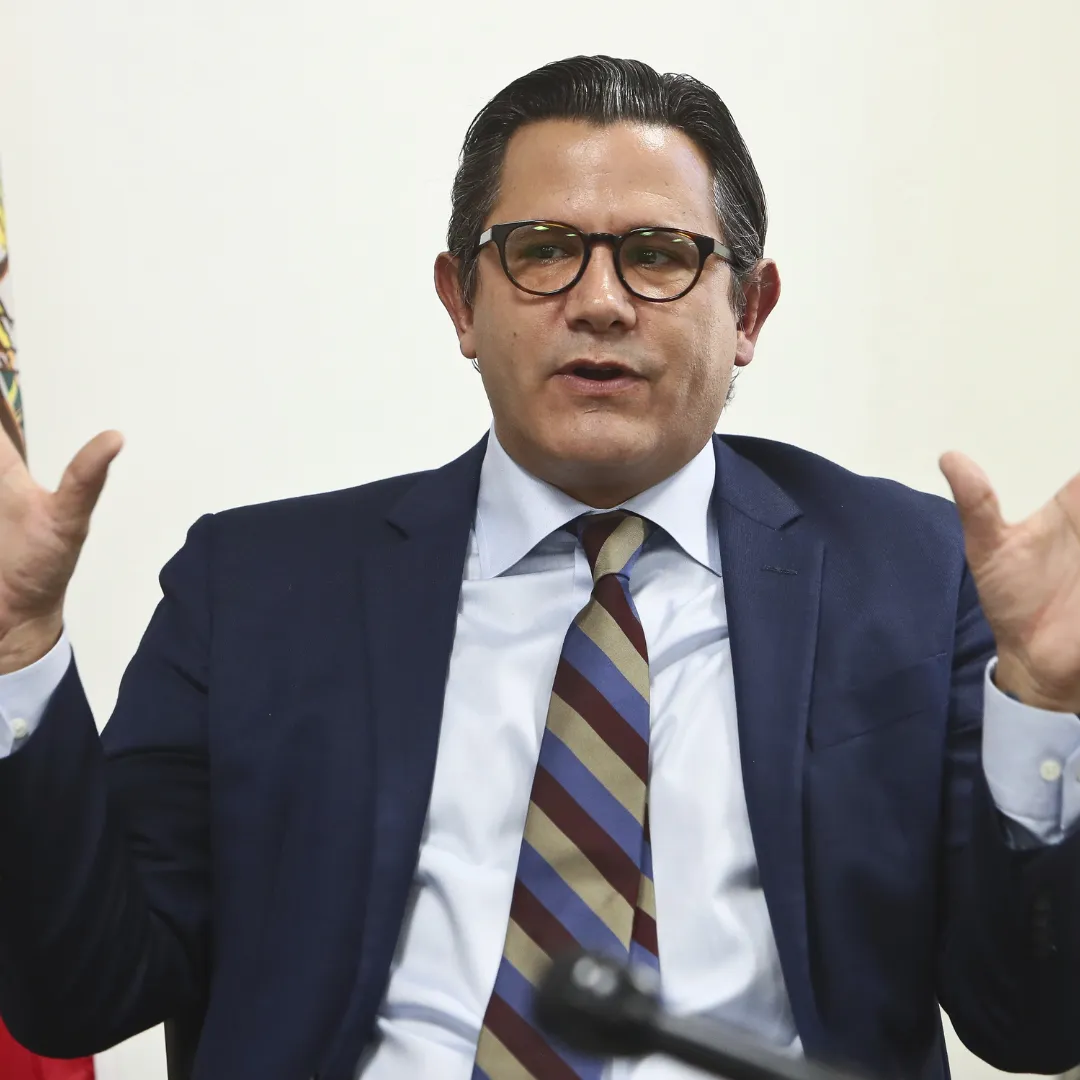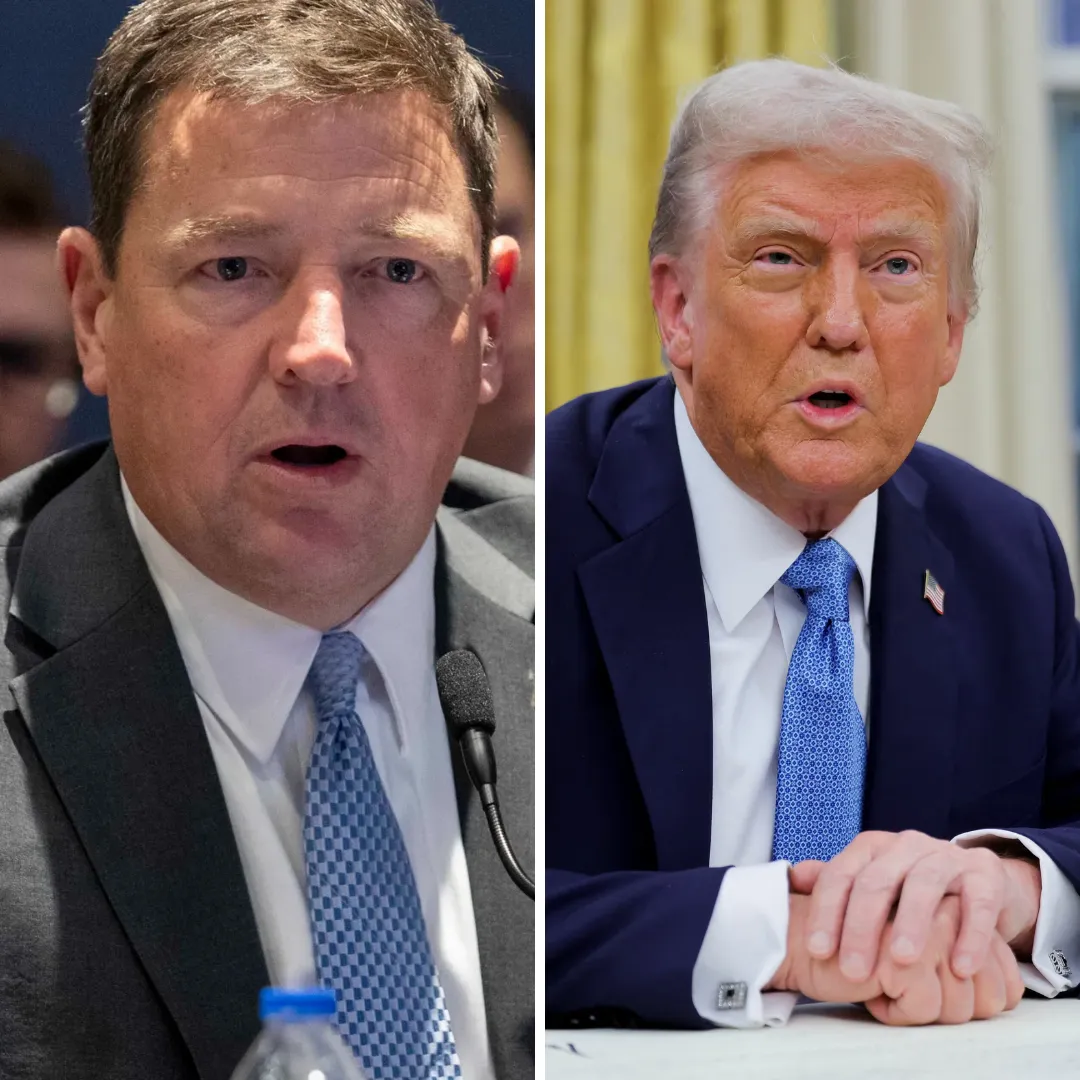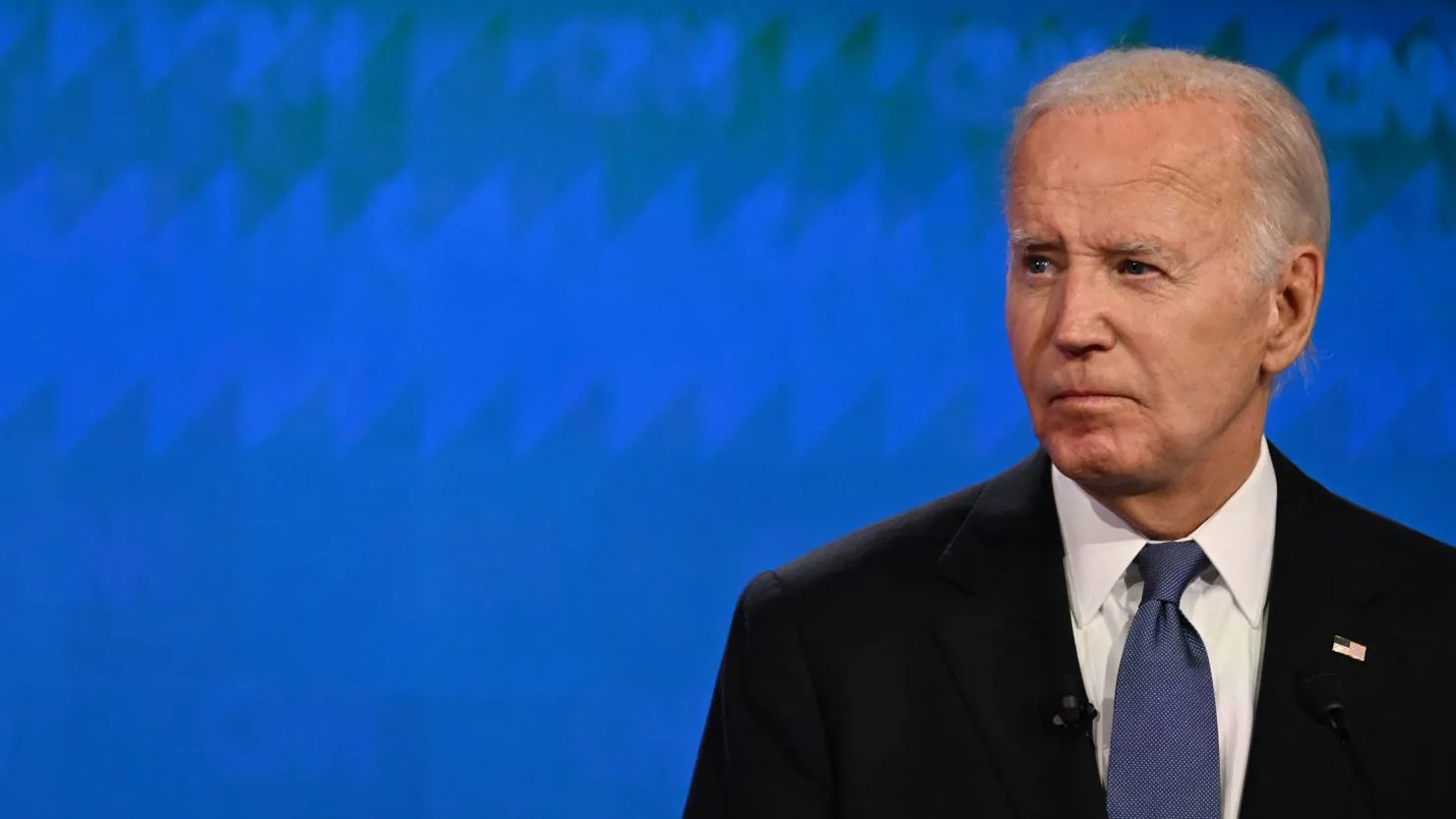Former national security adviser John Bolton publicly called for Defense Secretary Pete Hegseth to resign on Tuesday, citing growing concerns over Hegseth’s handling of sensitive information and his leadership of the Pentagon during a critical time for the U.S. military.
In an interview with CNN, Bolton did not mince words when asked whether he believed Hegseth should remain in his post.
“No, I think he should resign for his own safety’s sake, if nothing else,” Bolton said. He was referring to the recent reports that Hegseth had used the encrypted messaging app Signal to share sensitive military information in group chats, which allegedly included non-government individuals such as his wife and a journalist.
“This is a critical time for the American military,” Bolton continued. “We understand the Trump administration will rightly propose enormous budget increases for defense. We need it.”
He added, “We need a secretary who can get the job done, not somebody who spends his time on Signal chat groups.”
The controversy surrounding Hegseth has escalated in recent weeks after multiple reports revealed his use of private encrypted messaging platforms to communicate operational details and other military-related content.
While the Pentagon and administration officials maintain that no classified information was disclosed through the app, critics argue that the use of Signal for official communications violates long-standing protocols and creates unnecessary risk.
Bolton, who served as national security adviser during President Trump’s first administration, said he had been extremely cautious when handling sensitive communications.

“I almost never used my personal cellphone,” Bolton said, pointing to the potential vulnerabilities that come with even minor lapses in communication security. “The breaches of security at risk in this conduct are enormous. And I think that’s one reason why he shouldn’t be in the job.”
While Bolton has become a frequent critic of Trump since leaving the administration, his concerns about Hegseth’s conduct echo similar warnings from lawmakers and former defense officials who argue that Hegseth’s behavior reflects deeper issues within the current leadership of the Department of Defense.
Hegseth, a former television personality and Army veteran, was appointed to lead the Pentagon in Trump’s second term and has faced skepticism from some within the defense community from the outset.
Although he has championed military readiness and fought to reduce what he views as bureaucratic bloat, critics have accused him of politicizing the department and prioritizing loyalty to the president over institutional stability.
The recent uproar over Hegseth’s use of Signal follows a series of incidents in which the defense secretary reportedly communicated airstrike planning information to members of his family and personal legal team through group messages.
In one case, he is said to have accidentally included a journalist in a conversation that involved several senior national security officials, further heightening alarm about operational security.
While the administration has downplayed the significance of these exchanges, saying they were informal and contained no classified materials, the optics of a defense secretary bypassing traditional channels have proven difficult to shake.

Hegseth and his aides argue that the use of encrypted apps provides necessary speed and flexibility in crisis scenarios, and they have emphasized that all relevant communications were logged and reviewed as required by internal regulations.
President Trump, when asked about the situation during an interview with ABC News, expressed confidence in his defense secretary, despite the headlines.
“I had a talk with him, and whatever I said I probably wouldn’t be inclined to tell you,” Trump said. “But — we had a good talk. He’s a talented guy. He’s young. He’s smart, highly educated.”
The president continued, “And I think he’s going to be a very good defense, hopefully a great Defense secretary.”
Trump’s comments reflected a desire to quell speculation about a possible shake-up in the Pentagon. Still, the scrutiny surrounding Hegseth is unlikely to subside in the short term.
With the House and Senate Armed Services Committees already reviewing the Defense Department’s communication protocols, and with lawmakers considering new legislation to regulate the use of encrypted messaging by federal officials, the issue remains active on Capitol Hill.
In the days since the Signal reports emerged, calls for greater accountability have come not only from Democratic lawmakers but also from a growing number of defense experts and former military officials who worry that the integrity of the Pentagon is being undermined.
The timing of the controversy could not be more consequential. The Trump administration is in the midst of rolling out a proposed defense budget that would push total military spending well past $1 trillion, including expanded initiatives for nuclear deterrence, Indo-Pacific presence, space capabilities, and domestic infrastructure resilience.

Critics of Hegseth argue that managing such an expansive agenda requires discipline and focus—qualities they believe are lacking in the current leadership.
Bolton’s remarks added to the chorus of concern, as he emphasized the need for a defense secretary who understands the stakes and respects the structures that protect national security information.
“I’ve worked with Defense Secretaries who were extraordinarily cautious about what they said, where they said it, and how they communicated,” Bolton said. “To see someone at that level using casual chat groups to discuss operations, regardless of classification, is simply unacceptable.”
Still, Hegseth remains in place and has the backing of the White House. Administration officials say the matter is being reviewed internally but have expressed no intention to replace him.
Supporters of Hegseth argue that the backlash is politically motivated, driven in part by lingering resentment over his role in reshaping military culture and pushing back against diversity, equity, and inclusion programs.
In the past year, Hegseth has overseen efforts to streamline the Pentagon’s bureaucracy, eliminate what he termed “woke” initiatives, and increase investments in traditional military hardware.
For now, the defense secretary appears focused on maintaining control and pressing forward with his agenda. In recent public appearances, he has emphasized his commitment to strengthening American forces and improving readiness, while sidestepping questions about his private communications.
Whether Hegseth can weather the political fallout remains to be seen. The combination of national security concerns and high-level criticism from figures like Bolton could signal deeper fractures within the administration’s approach to defense policy.

And as the White House prepares for its next major legislative battles over defense appropriations and foreign military aid, questions about leadership, judgment, and accountability at the highest levels of the Pentagon are likely to remain central to the conversation.
If Hegseth does remain in his position, it will almost certainly be under heightened scrutiny, both from lawmakers and from the American public. With the world watching U.S. military posture closely in the face of rising global tensions, the pressure on the defense secretary to restore confidence and ensure secure, effective leadership is greater than ever.




